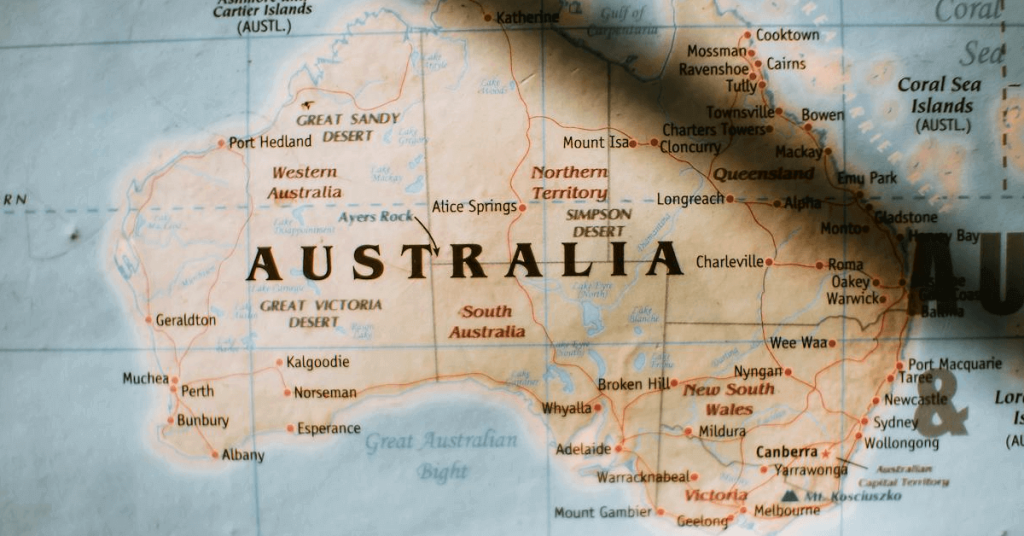An IVO (Intervention Order) and an AVO (Apprehended Violence Order) are legal orders designed to protect individuals from harm or harassment.
However, the terminology and specific provisions may vary depending on the jurisdiction within Australia.
Difference Between An IVO and AVO in Terms of Types
What is the difference between an IVO and AVO in terms of types?
The primary distinction between an IVO (Intervention Order) and an AVO (Apprehended Violence Order) rests in the terminology and categorization used in different Australian jurisdictions.
The purpose of both IVOs and AVOs is to protect individuals from violence, harassment, and intimidation.
AVO (Apprehended Violence Order)
In New South Wales (NSW), AVOs are categorized into two types:
- ADVO (Apprehended Domestic Violence Order): This type of order is specifically for cases involving domestic or family relationships, such as those between spouses, partners, or family members.
- APVO (Apprehended Personal Violence Order): This order applies to disputes between neighbours, co-workers, and acquaintances that do not involve domestic or family relationships.
Also read: Domestic Violence Case Results: Impact on All Parties
IVO (Intervention Order)
In other Australian jurisdictions, IVOs are classified differently, but they serve the same purpose as AVOs:
- In Victoria, Family Violence Intervention Orders (FVIOs) are for cases involving family or domestic relationships, whereas Personal Safety Intervention Orders (PSIOs) are for matters unrelated to families.
- Intervention Orders and Restraining Orders serve similar purposes in South Australia, although the terminology may vary.
Although the terminology may differ, the primary purpose of both AVOs and IVOs is to protect individuals from violence, harassment, or intimidation.
Depending on the jurisdiction, the specific conditions and legal procedures for obtaining these orders may vary, so it is essential to consult a legal professional for guidance on your particular situation.
Difference Between An IVO and AVO in Terms of Application
The application procedure for obtaining an IVO (Intervention Order) and an AVO (Apprehended Violence Order) may vary slightly depending on the Australian jurisdiction. IVOs and AVOs are designed to protect individuals from violence, harassment, and intimidation.
However, the specific legal procedures for obtaining these orders may vary state by state.
Domestic Violence Order Terms and Legislation in Different States and Territories of Australia
Each state and territory in Australia has its own domestic violence legislation and terminology. Here is a concise summary of the terms used in various states:
- Australian Capital Territory (ACT): Australian Capital Territory (ACT): In the ACT, a “Family Violence Order” (FVO) can be issued under the Family Violence Act 2016.
- New South Wales (NSW): An “Apprehended Domestic Violence Order” (ADVO) NSW legislation can be obtained under the Crimes (Domestic and Personal Violence) Act 2007.
- Northern Territory (NT): The NT issues a “Domestic Violence Order” (DVO) under the Domestic and Family Violence Act 2007.
- Queensland (QLD): In Queensland, a “Domestic Violence Protection Order” (DVPO) can be issued under the Domestic and Family Violence Protection Act 2012.
- South Australia (SA): South Australia issues “Intervention Orders” (IOs) to protect against domestic abuse under the Intervention Orders (Prevention of Abuse) Act 2009.
- Tasmania (TAS): In Tasmania, a “Family Violence Order” (FVO) can be obtained under the Family Violence Act 2004.
- Victoria (VIC): Victoria issues “Family Violence Intervention Orders” (FVIOs) under the Family Violence Protection Act 2008.
- Western Australia (WA): In Western Australia, a “Violence Restraining Order” (VRO) can be issued to protect against family and domestic violence under the Restraining Orders Act 1997.
Personal Violence Order Terms and Legislation in Different States and Territories of Australia
In Australia, Personal Violence Orders (PVOs) are legal protections against non-domestic violence or harassment, such as stalking or intimidation.
Each state and territory has its own terms and legislation for these regulations. Here is a summary of the various state and territory-specific terms:
- Australian Capital Territory (ACT): In the ACT, a “Personal Protection Order” (PPO) can be issued under the Personal Violence Act 2016.
- New South Wales (NSW): In NSW, an “Apprehended Personal Violence Order” (APVO) can be obtained under the Crimes (Domestic and Personal Violence) Act 2007.
- Northern Territory (NT): The NT issues a “Personal Violence Restraining Order” (PVRO) under the Personal Violence Restraining Orders Act 2006.
- Queensland (QLD): In Queensland, a “Peace and Good Behaviour Order” can be issued under the Peace and Good Behaviour Act 1982.
- South Australia (SA): South Australia issues “Intervention Orders” (IOs) to protect against personal violence under the Intervention Orders (Prevention of Abuse) Act 2009.
- Tasmania (TAS): In Tasmania, a “Restraining Order” can be obtained under the Justices Act 1959.
- Victoria (VIC): Victoria issues “Personal Safety Intervention Orders” (PSIOs) under the Personal Safety Intervention Orders Act 2010.
- Western Australia (WA): In Western Australia, a “Violence Restraining Order” (VRO) can be issued to protect against personal violence under the Restraining Orders Act 1997.
Summary
An IVO (Intervention Order) and an AVO (Apprehended Violence Order) are legal orders designed to protect individuals from harm or harassment.
However, the terminology and specific provisions may vary depending on the jurisdiction within Australia.
Also read: What is Provisional AVO and How Long Does It Last?
Need to Know More About Restraining Orders?
At Justice Family Lawyers, we understand the complexity of restraining orders in different states and territories of Australia. We are committed to providing our clients with the highest quality legal advice and representation.
Our AVO lawyers and practitioners are highly experienced and knowledgeable, and we are committed to helping our clients receive the best possible outcome.





